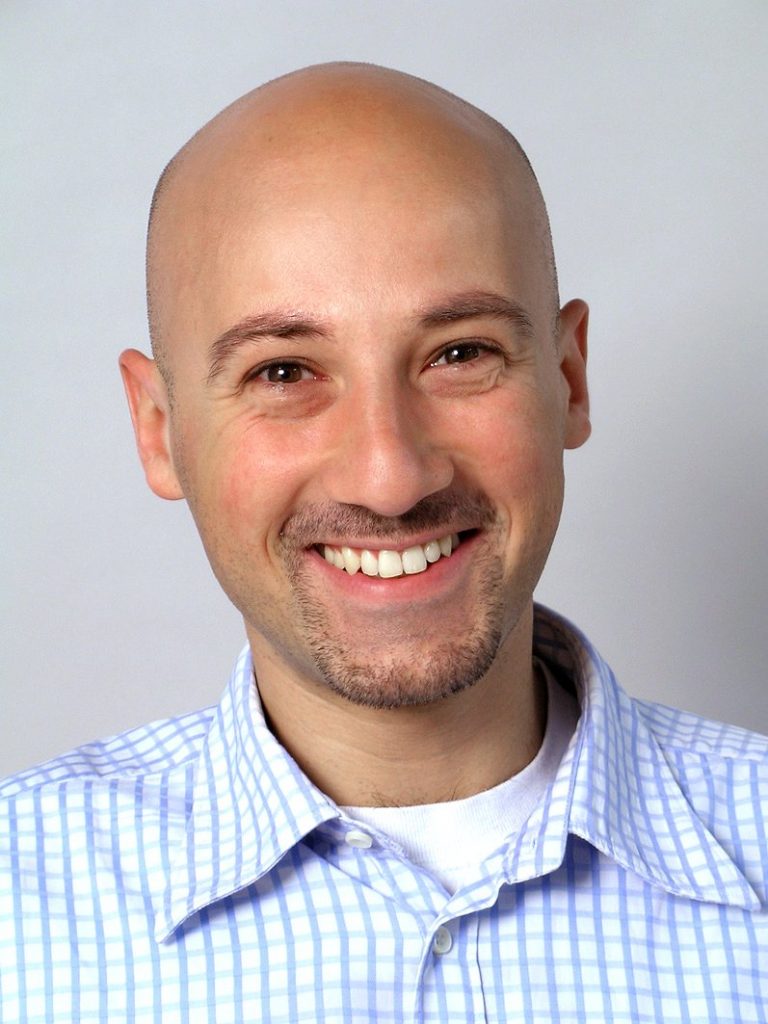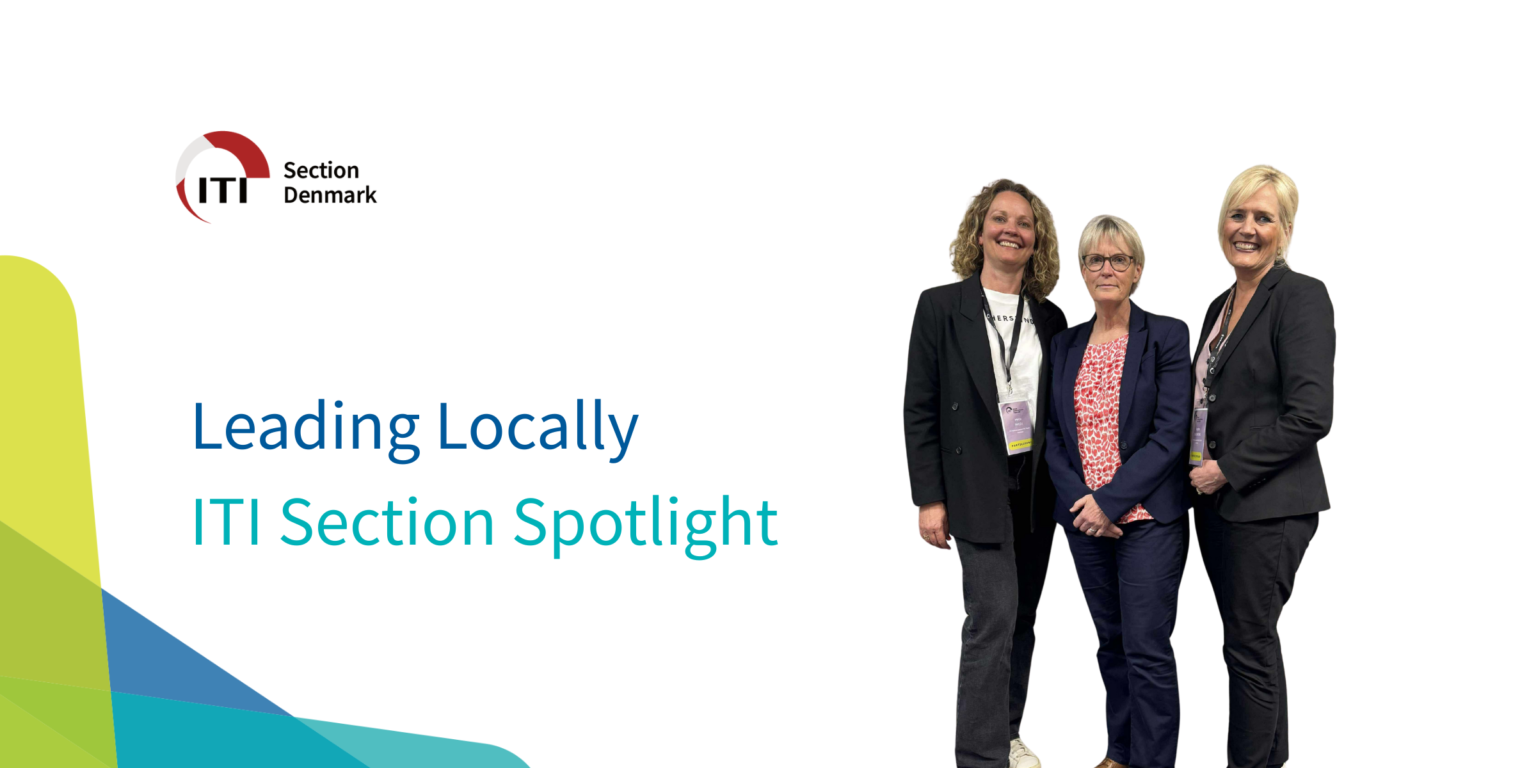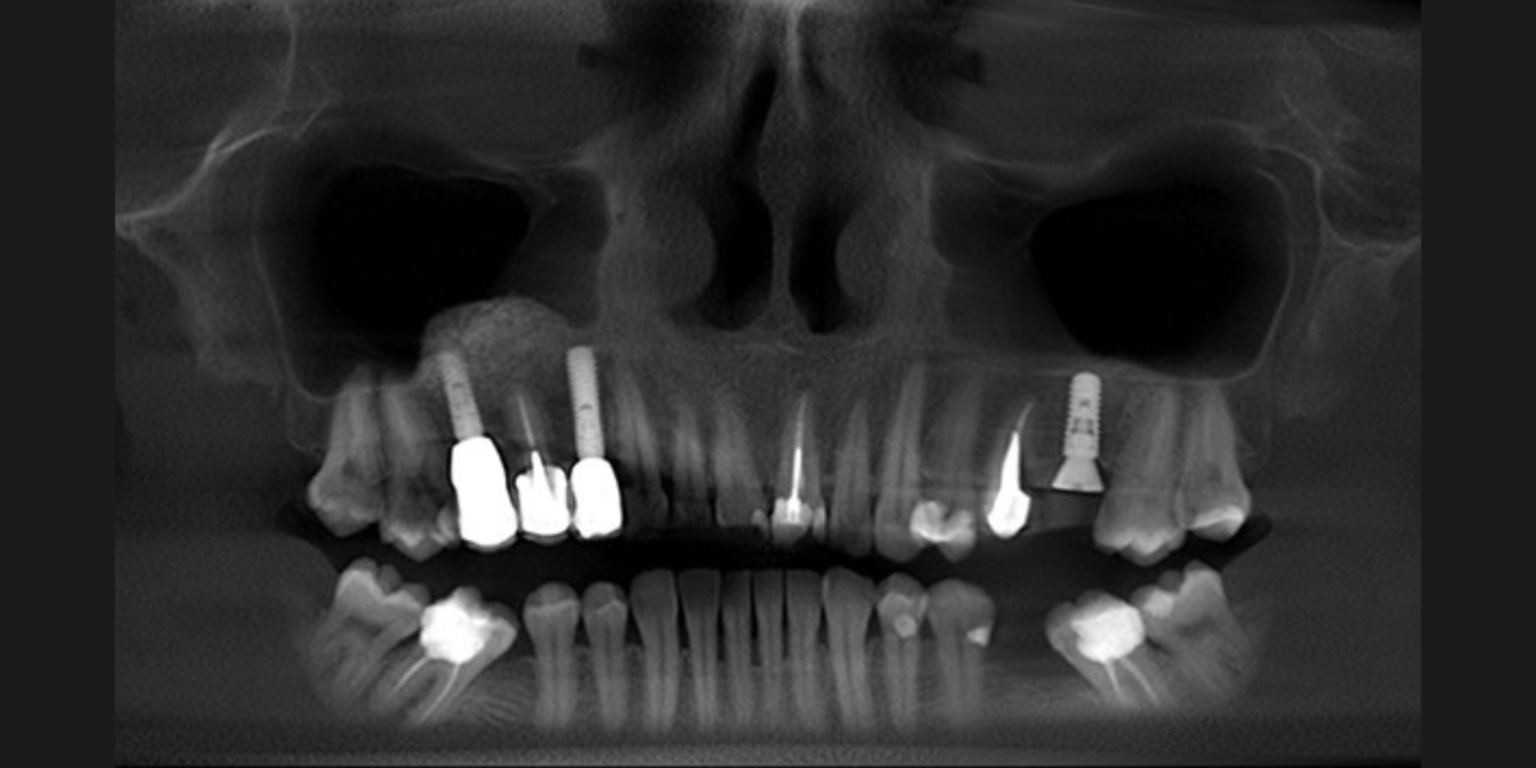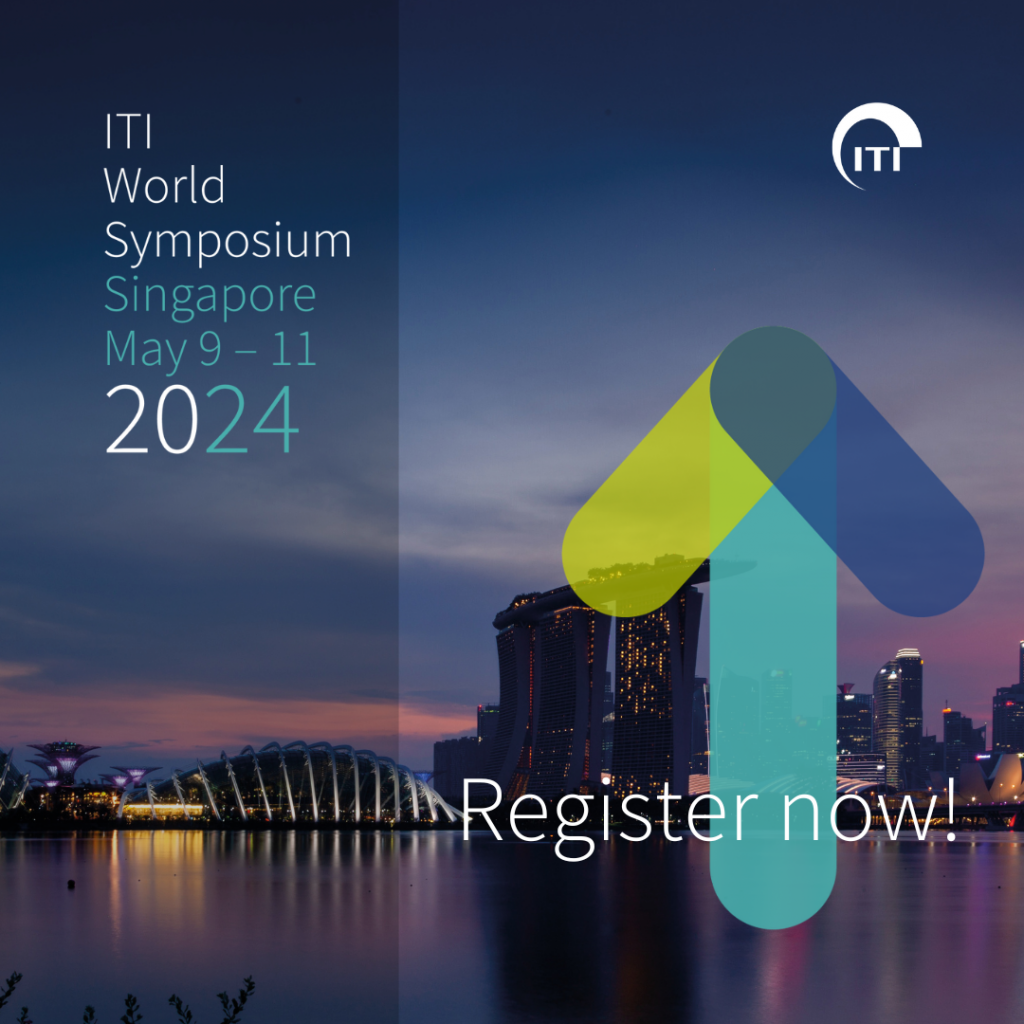New ITI Board member at large Nikos Mattheos takes a personal look back on the last year and the way ahead.
It is of course a great honour to be included in the Board of Directors! It is a position of responsibility, but also one that offers personal growth and an opportunity to introduce and test ideas, to influence future directions and explore new pathways for the ITI and implant dentistry. Being the newest member in such a eminent circle gives me the opportunity not only to learn from a panel of very distinguished colleagues, but also to share and work on ideas with some of the brightest minds in implant dentistry. I feel excited, intrigued and humbled at the same time and I’m really looking forward to the first Board meeting!
What does the ITI mean to you personally?
I got into the ITI thanks to good friends and, throughout all this time, that is exactly what it has remained: a group of friends. Despite its tremendous growth in the last decade, the ITI has maintained the DNA of a team, exactly as it started. This is possibly the greatest difference between the ITI and other societies, associations or professional formations: membership is global, but the relation to the team remains a personal experience, a link to friends, a bond of shared experiences, common pathways and goals. With this as its backbone, the ITI has grown to unite and assimilate a very diverse crowd of clinicians, academics, researchers and scholars of many disciplines into one team. My ITI Scholarship in Bern was a life-defining moment and the start of a chain reaction that brought me to where I stand today, not only professionally but also as a person.
In which areas do you feel you can contribute best in your new function?
It is a difficult question, seeing the amount of knowledge and expertise that already populates the ITI Board! For my part, when I look back at my path over the last 20 years in implant dentistry, I have served in many different countries and roles, from clinician and teacher to researcher, private practitioner, entrepreneur, including different managerial and academic leadership positions. I think that the diversity of my experience is a good fit for an environment with such a variety of members and wide range of activities as the ITI. Furthermore, my longstanding and never-ending passion for online media and its application in teaching and learning could well find fertile ground in the ambitious projects the ITI has been developing in recent years.
How do you see implant dentistry developing over the next 5 years?
I think the pandemic will act as a catalyst to accelerate many underlying currents and place some “evolutionary pressure” on everything. An anticipated economic downturn in the near future could drastically increase the need for efficiency and will boost protocols, technologies and devices that offer a simpler, faster and more streamlined workflow. This could be a catalyst for many technologies in the digital domain. At the same time, the patients’ experience will become an important parameter to define a successful treatment outcome and also a major determinant in decision-making between treatment techniques and devices. This presents us with both opportunities and risks as we will have to ensure that the patients’ experience remains a subject to be approached scientifically and not become a marketing pitch.
Finally, there has been a major disruption in the teaching and learning landscape at all levels, from the smallest study club to the largest congresses and universities. As the consequences of this disruption gradually emerge, online media will claim a whole new role in the ways we learn, mentor, share and interact with colleagues. Our ability to innovate in this field will be a matter of survival for all of us engaged in education in the coming years.
Which challenges and opportunities do you feel the COVID-19 situation has provided for the ITI?
This year’s pandemic caught us all by surprise. As is common, we experience the challenges first before we see the opportunities. While the most optimistic of us were anticipating a short-lived disruption, there was soon a harsh landing with the reality that many things will have to change for the foreseeable future.
The ITI went through major challenges this year at all levels. Having run much of our operations on a face-to-face level, from small Study Clubs to our World Symposium, many of the activities that keep our members regularly engaged came to an abrupt halt. For an organization such as the ITI, which has traditionally invested so much in a culture of human contact, mentoring and collegial sharing, this was a major disruption. Even if small meetings can now resume in some parts of the world, it is unlikely that major regional or global gatherings will be possible in the foreseeable future.
At the same time, the ITI was not caught completely off guard. Years of investment in online learning pathways have equipped us with an impressive digital armamentarium in the form of the ITI Academy and the Curriculum. This is not just about a digital repository of content but rather about the brain power and capacity behind it. The structures, the people, the workflow, the trial and error and experiences of years in the making, make this an incredibly valuable asset, which in the time of the pandemic could turn out to be a major comparative strength and a true game changer.
You will have noticed that there were no major technological breakthroughs during the pandemic and no new devices or tools were suddenly invented. But once the pandemic cancelled our common ways of interacting, existing technologies that were previously overlooked, side-lined or questioned stepped out of the box to save the day and almost overnight acquired a mainstream status. It might surprise you for example that Zoom has been around since 2011, without ever managing to gain a foothold in higher education. Then the pandemic came and overnight Zoom turned into the lockdown hero for students from kindergarten to universities. Many of us have for years advocated a wider use of online media for teaching in university degrees, having at best received a lukewarm reception, but then the pandemic presented with far more convincing arguments!
It feels as if this pandemic functioned like a “fast forward” button, which accelerated the developments of years within a few months, and the changes of attitudes that took place are not be reversible. The entire teaching and learning sector has experienced a drastic transformation, the repercussions of which we will see unfolding in the coming months and years.
With the ITI Academy and the know-how from a recently established digital curriculum, I think ITI has placed itself in a pole position for a head start in the post-pandemic landscape of education in implant dentistry. Of course, content alone is not enough, but coming up with new ways to add value to education with online media is our challenge and opportunity.
Moving our face-to-face activities online, as we did in the early months of the pandemic, was an emergency solution to maintain the engagement of our members, but this can only work in the short term. There is a limit to how many free webinars people can attend before Zoom fatigue kicks in and dentists all over the world are already looking into what could be the next step. Behind the scenes, frantic work is currently taking place to shape this “next step”. Online learning environments could be combined with actual clinical data from digital workflow and supported by technologies such as virtual and augmented reality, 3D printing and artificial intelligence algorithms. Such environments could not only deliver a meaningful online education, but also enhance student engagement and interactivity as well as deliver a unique hands-on component for many procedures.






